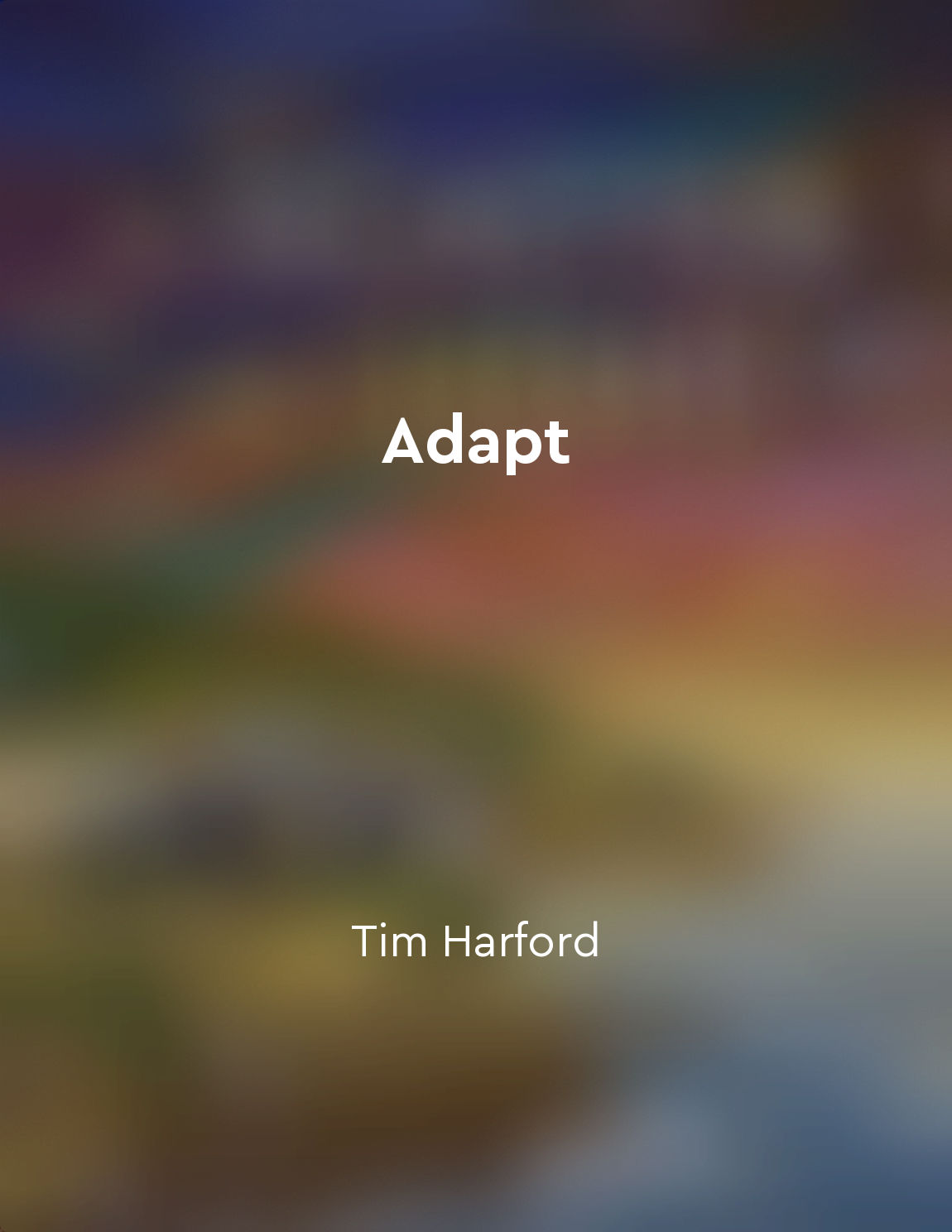The future of work was redefined from "summary" of The World Is Flat 3.0 by Thomas L. Friedman
The future of work was redefined through the lens of globalization and technological advancements, creating a seismic shift in the way we perceive and approach work. Traditional notions of work, such as a stable 9-to-5 job in a physical office, have given way to a more fluid and interconnected work environment that transcends geographical boundaries. This new paradigm has blurred the lines between personal and professional life, allowing for greater flexibility and autonomy in how, when, and where work can be done. The rise of outsourcing, offshoring, and freelancing has democratized the workforce, enabling individuals from diverse backgrounds and locations to compete on a level playing field. Companies are no longer limited by local talent pools but can tap into a global talent pool to find the best fit for their needs. This has led to increased competition but also to greater opportunities for collaboration and innovation. Moreover, the rapid pace of technological innovation has revolutionized the way we work, with automation, artificial intelligence, and machine learning transforming industries and job roles. Workers are now expected to adapt to changing technologies and acquire new skills continuously to remain relevant in the rapidly evolving job market. Lifelong learning has become essential for staying competitive and future-proofing one's career in this new landscape. In this dynamic and interconnected world of work, adaptability, resilience, and creativity are key traits that individuals need to cultivate to thrive. The ability to think critically, solve complex problems, and communicate effectively across cultures and languages has become increasingly valuable. Embracing diversity and inclusivity in the workplace is not just a moral imperative but a strategic advantage in harnessing the full potential of a diverse workforce. The future of work is not predetermined but shaped by our choices and actions today. By embracing change, fostering a culture of continuous learning, and leveraging technology to enhance productivity and collaboration, we can navigate the complexities of the globalized economy and create a more equitable and sustainable future of work for all.Similar Posts

Viewing challenges as opportunities for growth can lead to success
When we encounter challenges in our professional lives, our natural reaction is often one of frustration or avoidance. We may s...
The future of work was redefined
The future of work was redefined through the lens of globalization and technological advancements, creating a seismic shift in ...
Cultivate resilience and perseverance
The world is constantly changing, presenting us with new challenges and obstacles to overcome. In order to navigate these chang...
Mastering the art of interviewing is essential for securing job offers
One of the most critical skills individuals need to master in the job search process is the art of interviewing. This skill is ...
Digital skills are in high demand
In our rapidly advancing digital age, the need for individuals with strong digital skills has reached unprecedented levels. The...
Urbanization and city planning will evolve postpandemic
The COVID-19 pandemic has forced us to rethink the way we live, work, and interact with one another. One of the most significan...

Experimentation is key
Experimentation is key in navigating complex and uncertain environments. The idea is simple: try something, see what happens, l...

Using storytelling techniques engages the interviewer
Storytelling is a powerful tool that can be used to captivate an audience and make a lasting impression. When it comes to job i...
Creativity is becoming more valuable
In our rapidly changing economy, the value of creativity is on the rise. As technology advances and automation becomes more pre...
